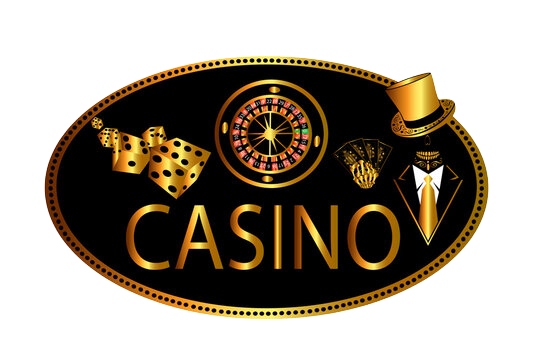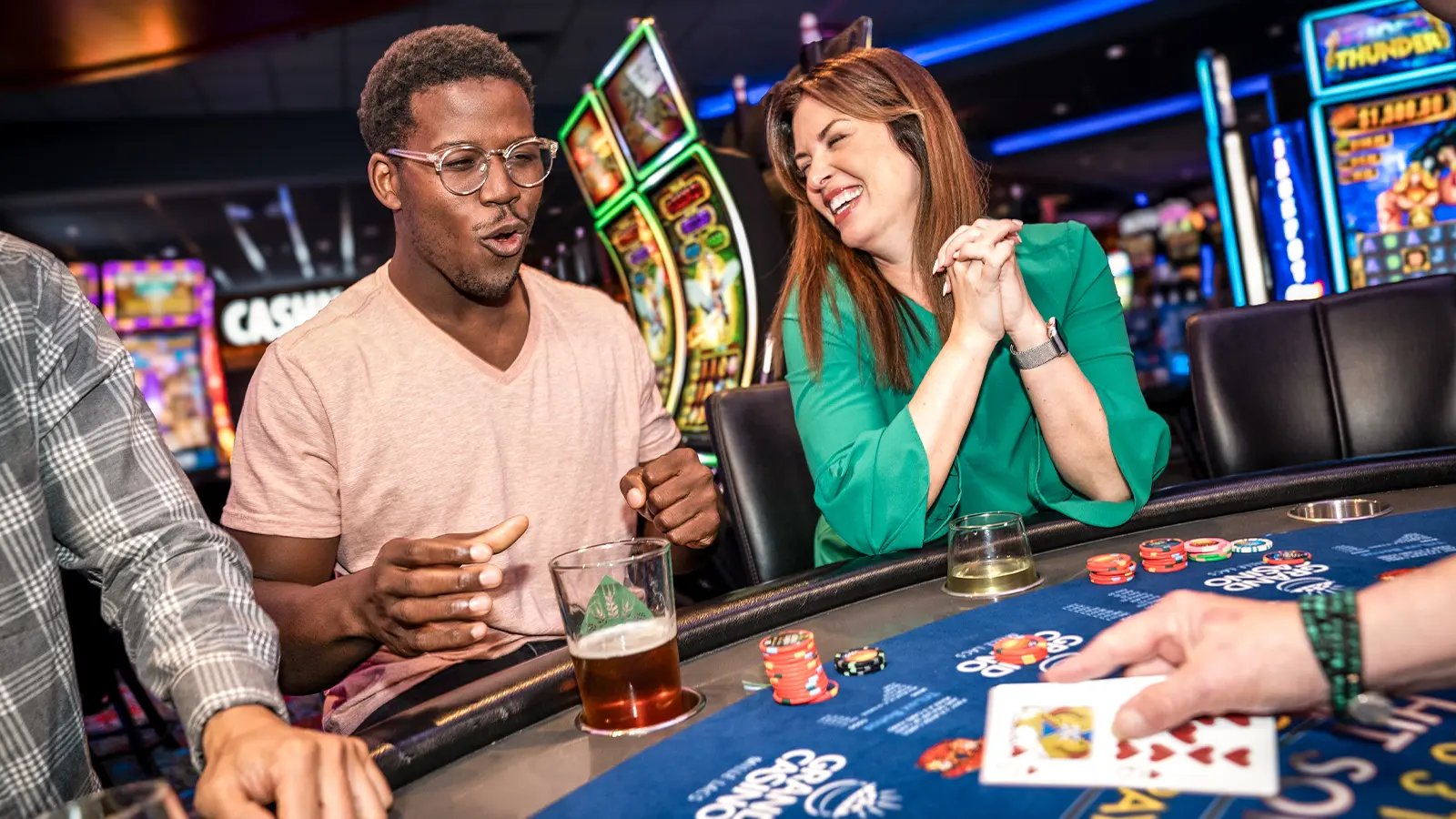Bars Are Out, Bets Are In
In previous generations, a hard day ended with a drink. For millennials, it often ends with a spin. Instead of heading to pubs, many are logging onto platforms like click to go to nline.gr, where adrenaline comes in the form of a digital jackpot.
What’s behind this shift? It’s not simply about money or escapism. For the millennial cohort – shaped by recession, digital fluency, and a craving for control – casinos have quietly become the new vice of choice. This article dives into how gambling has replaced alcohol as the favored emotional outlet and social ritual for millions of millennials.
Millennials and the Psychology of Escape
Escaping Without Hangovers
Alcohol offers temporary emotional relief – but often with physical consequences. Millennials, increasingly health-conscious, are seeking alternatives. Online gambling offers a dopamine hit without a hangover, making it more palatable to a generation that counts steps and tracks calories.
The Allure of Emotional Control
Millennials face job instability, housing crises, and economic anxiety. Online gambling provides the illusion of control in an uncertain world. Unlike alcohol, which dulls the senses, gambling sharpens focus, creating a sense of agency – even if it’s based on chance.
The Rise of the Digital Vice
Mobile-First, Mind-Second
The smartphone revolution made gambling portable and frictionless. Apps with sleek UX allow for one-tap entry into high-stakes digital worlds. For millennials raised on instant gratification, this is a seamless emotional transition.
Customization and Gamification
Casinos now resemble video games, complete with avatars, level-ups, and social leaderboards. This format resonates deeply with millennials, who grew up on RPGs and MMORPGs.
The Social Rituals of Modern Gambling
Replacing Bar Culture with Bonus Culture
Bars once offered shared rituals: clinking glasses, buying rounds. Now, it’s shared spins, community wins, and digital high-fives in chat rooms. The ritual remains, but the medium has changed.
Streaming and Influencer Gaming
Twitch and YouTube have normalized watching people gamble online, much like millennials once watched bartenders mix cocktails. The parasocial relationship formed with streamers creates a new kind of social drinking – without alcohol.
Health-Conscious Vices
Mindful Hedonism
Millennials are paradoxical: they seek pleasure but also mindfulness. Many see gambling as a “cleaner” vice – one that can be turned on and off without physical toll. Betting €5 online is perceived as more controlled than downing three margaritas.
Wellness and Risk
Some platforms now integrate well-being features – break reminders, loss tracking, self-imposed limits – aligning with the millennial trend of “responsible indulgence.”
Economic Pressure and Emotional Coping
The Weight of Financial Anxiety
With student debt, high rent, and unstable work, millennials live in constant financial tension. Gambling becomes a fantasy outlet – a space where money problems can be flipped instantly with one lucky spin.
Micro-Winning as Mood Stabilizer
The thrill of small wins gives emotional highs akin to a shot of whiskey – quick, potent, and reinforcing. The brain rewards even tiny payouts, feeding a feedback loop.
Accessibility and Anonymity
Gambling in Pajamas
No dress codes, no judgment, no last call. Online gambling offers millennials an introvert-friendly version of the pub – a place to unwind without social anxiety.
Private Pleasure
Many millennials are uncomfortable with public indulgence. Gambling online is a private escape, without the risk of social stigma or digital trail.
The UX of Addiction
A/B Testing for Dopamine
Online casinos use behavioral data to fine-tune interfaces for maximum engagement. Spin animations, bonus chimes, and near-win visuals replicate the psychological cues of drinking in a lively bar.
Hyper-Personalization
Platforms deploy machine learning to adapt offers to user behavior. It’s like your local bartender remembering your drink – except your “drink” is a slot theme or blackjack bonus.
Experts Weigh In
Dr. Penelope Harris, Addiction Psychologist
“Alcohol and gambling stimulate similar dopamine pathways, but gambling’s variability makes it more insidious. The brain learns to crave uncertainty itself.”
Andreas Kotsakis, Casino UX Analyst
“For millennials, frictionless design equals emotional safety. If they can tap, win, and retreat in seconds, it feels safer than opening a bottle.”
Generational Comparisons
Boomers: Socialization Through Presence
Boomers gravitated toward physical social spaces – bars, clubs, casinos. For them, physical presence equaled connection.
Millennials: Socialization Through Screens
Millennials socialize digitally. Shared chatrooms, win streams, and online tournaments are the new happy hours. The dopamine is delivered screen-to-screen.
The Role of Casino Branding
Aesthetic Minimalism
Modern casinos employ sleek, minimalist branding – echoing fintech and wellness apps, not smoky dens. This visual language makes gambling feel “clean.”
Language of Empowerment
Rather than “get lucky,” the copy reads “take control,” “choose your experience,” and “build your strategy.” It positions gambling as a smart, adult choice – akin to curated wine tasting, but gamified.
Player Voices: Why They Switched
Eleni, 29, Athens
“Bars felt like a waste of time and money. Online casinos let me unwind without the social effort.”
Thomas, 34, Patras
“I used to drink after work. Now I play slots. I feel sharper, more in control – and my head doesn’t hurt the next day.”
Responsible Play and Conscious Indulgence
Built-In Boundaries
Millennials are more likely to use time-outs, limit tools, and budget caps. They want to indulge – but with rails.
Transparency and Analytics
Modern casinos provide player stats, win/loss ratios, and session tracking – tools that align with the quantified-self movement.
Risks and Ethical Considerations
Addiction in a Buttoned-Up World
Though gambling lacks the smell of alcohol, its risks are just as potent. Its seamlessness makes it easier to hide – and easier to fall into.
The Ethics of Frictionless Design
Is it ethical to make gambling too easy? Platforms must wrestle with designing experiences that entertain without entrapping.
The Future of Millennial Vices
Augmented Reality Gambling
Soon, players might gamble using AR goggles – combining physical movement with digital reward.
Crypto and Decentralized Gaming
Blockchain-based casinos may appeal to privacy-conscious millennials seeking both thrill and anonymity.
Conclusion: Betting on Identity
For millennials, online casinos are more than entertainment. They’re emotional regulators, social spaces, and expressions of autonomy. In a world that feels increasingly out of control, the spin of a wheel offers a paradoxical sense of stability.
As traditional drinking culture fades, platforms are reshaping what it means to unwind. Gambling isn’t replacing alcohol because it’s easier – it’s replacing it because it’s more millennial.

